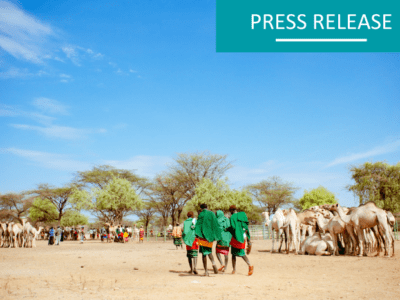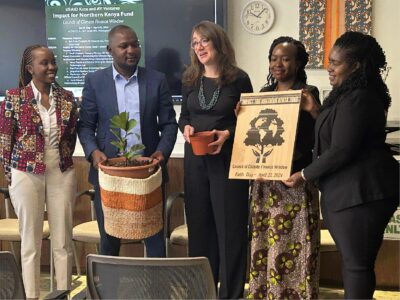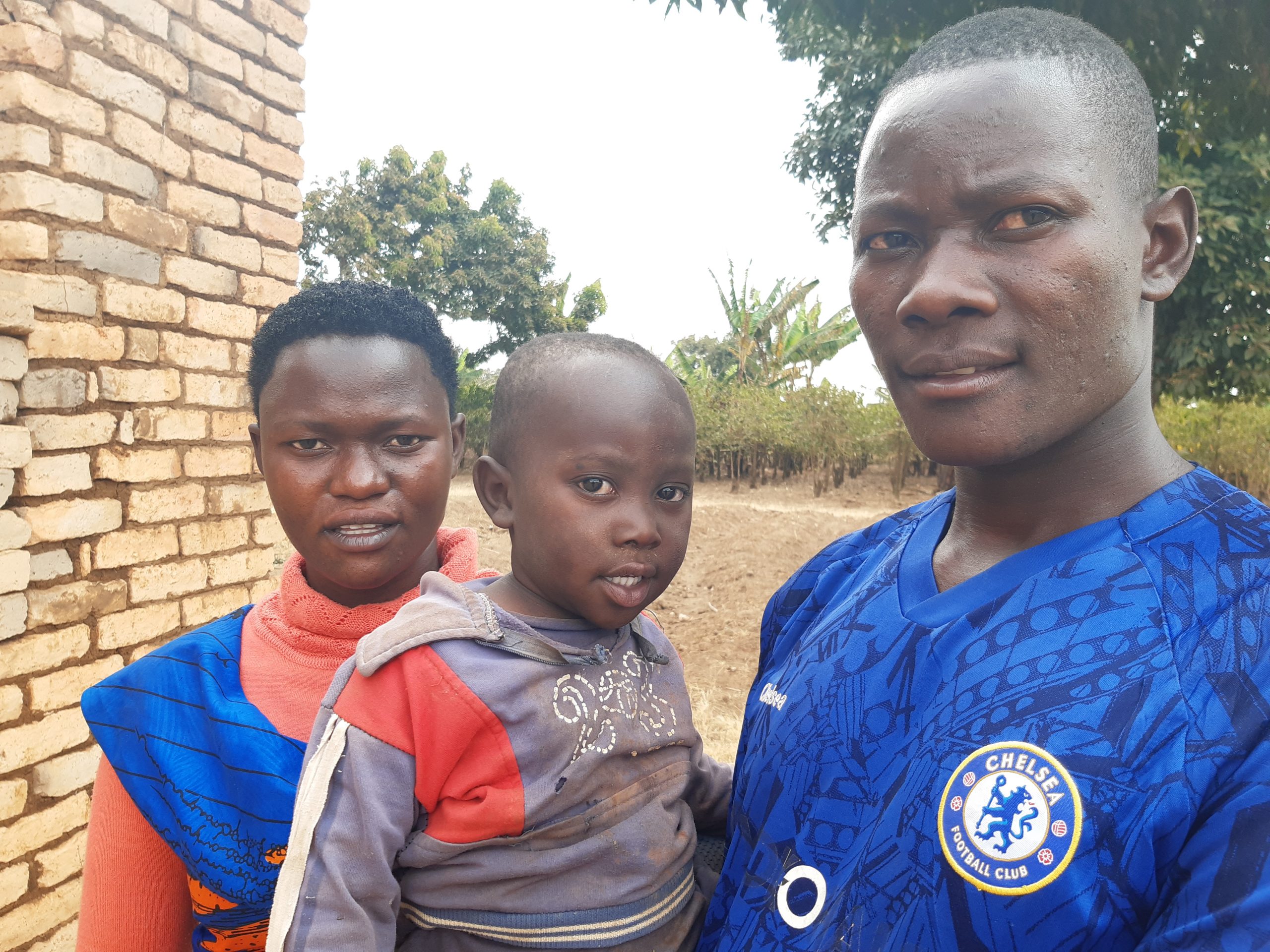
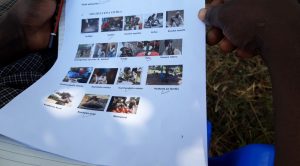
The Feed the Future Tanzania NAFAKA II Activity provides mechanization grants to households to reduce farm labor, generate additional income, and save time for women and youth. The activity’s Collaborating, Learning, and Adapting (CLA) approach uncovered fundamental problems and constraints holding these households back.
To address these challenges, the NAFAKA II Activity, funded by USAID and implemented by ACDI/VOCA, designed a time diary activity to improve household time management and uncover gender gaps. Such constraints include an unequal sharing of domestic roles and responsibilities, limited access to resources, and less joint decision-making at the household level.
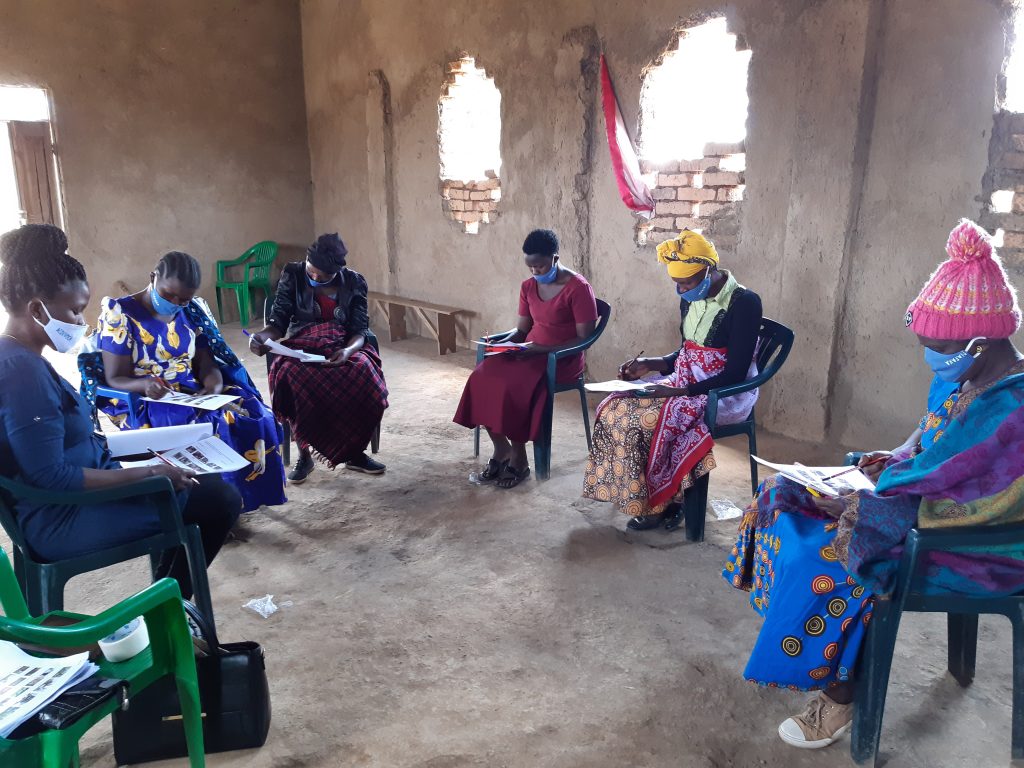
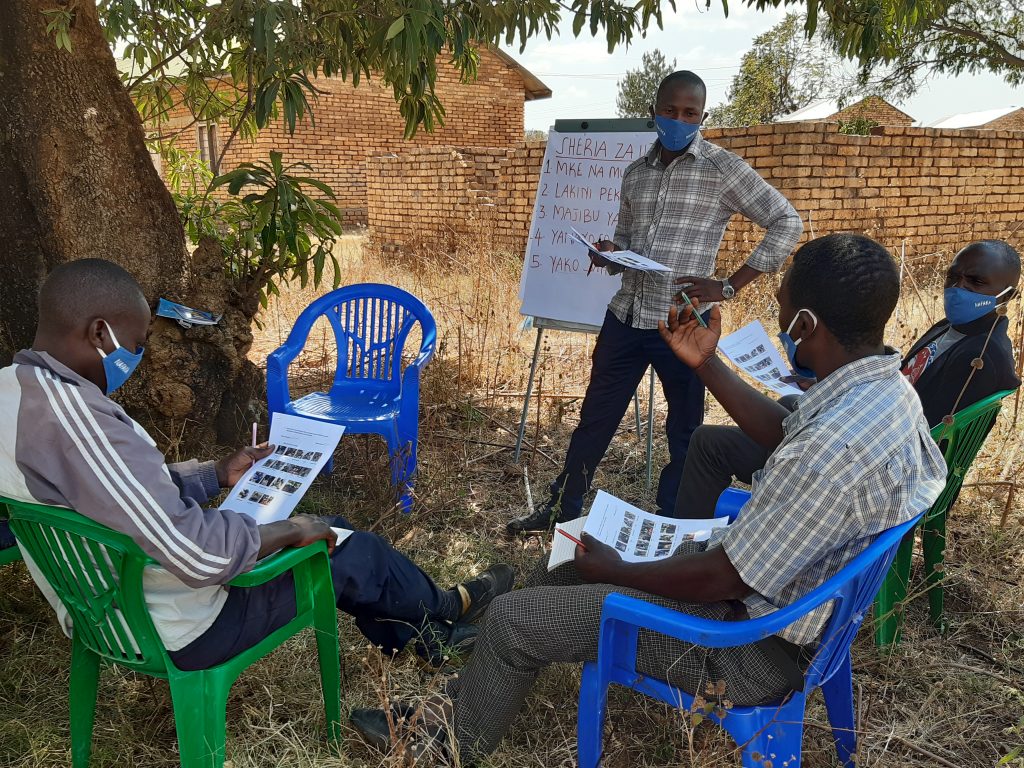
The time diaries pilot began with 15 couples in an effort to test the hypothesis that if there is greater access to mechanization technology, then women’s on-farm labor will be reduced. Over the course of this year, the NAFAKA II Activity expanded the time diary exercise to more than 100 couples across the Southern Highlands who are either members of producer organizations (PO) or part of the village-based agricultural program (VBAAs, i.e. “last-mile” input suppliers).
The time diary exercise confirmed the inequity of household time allocation and joint decision-making and revealed the disparity between the male and female household heads. The exercise revealed that on average, women work two to three additional hours per day compared to their male counterparts and 47 percent of women are considered to be “time-poor” (i.e., working more than 12 hours per day). Women spent 60 percent of their time doing domestic work as opposed to men who only spent only 27 percent of their time on such activities.
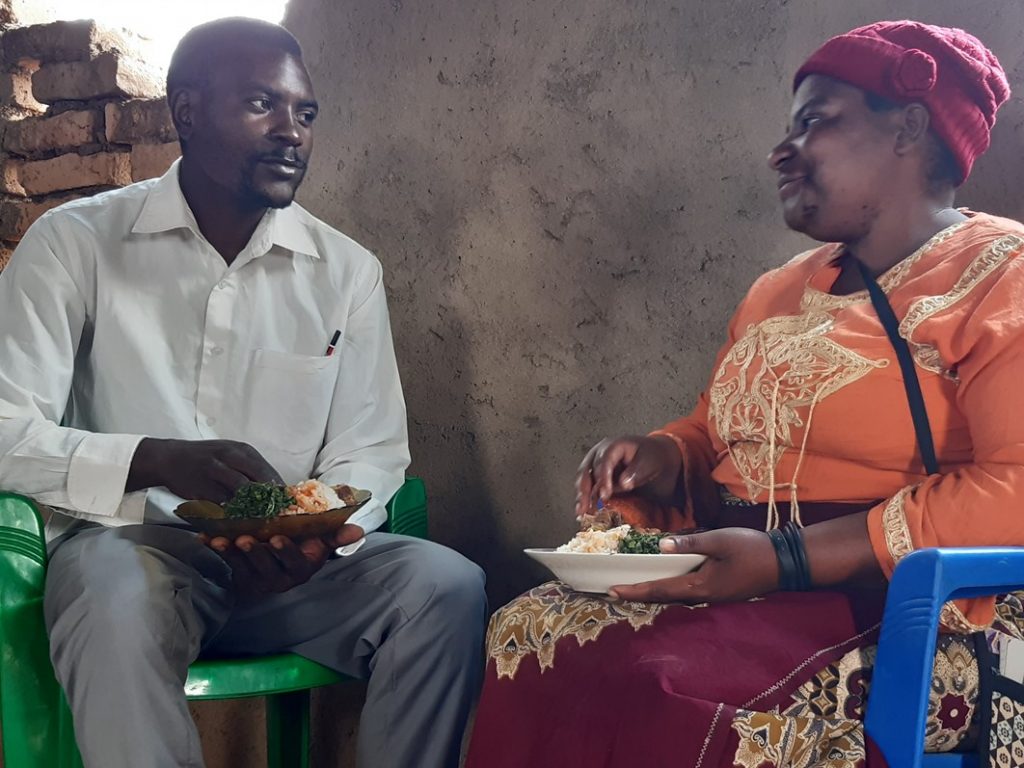
“I thank God [for] meeting with the NAFAKA people who taught us [about] household collaboration . . [A]s couples, we consult more on anything that we want to do and make decisions jointly, which has led to more love, unity, and trust between us.”
AMANI NZOWA, 36
“I’m very grateful for these trainings and [I] benefited a lot. Unlike before, nowadays my husband helps [with] household activities, when I go to fetch water, he squeezes the dough, he frie[s] pastries, [and] I go to sell them. This year we have made a joint decision on our maize harvest.”
RHEMA MBAGWA, 34
Despite the successes of the time diaries, it became clear that gender-based violence (GBV) still hindered the reduction of gender gaps. The NAFAKA II Activity addressed this challenge by scaling-up the time diary exercise to include 124 participating couples. The Activity invited a government of Tanzania GBV representative to speak with the women to explain how to seek support if and when issues of domestic violence arise. Participants also received training on eradicating GBV and some have begun sharing this training with other members within their community in conjunction with gender officers from police stations’ gender desks.
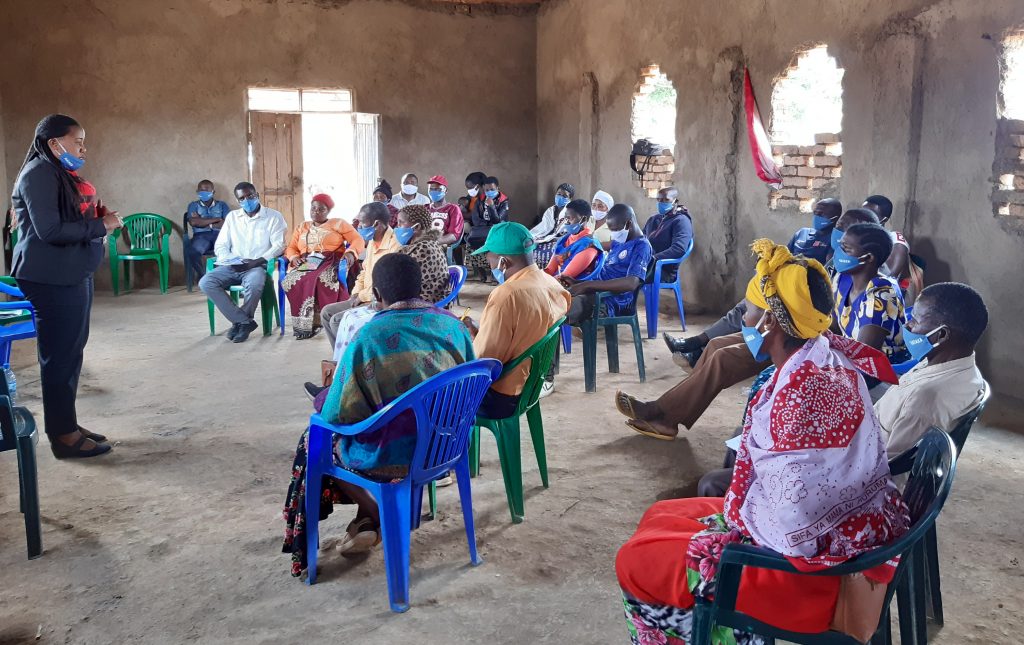
The time diary exercise is an important step in closing the gender gap to build a healthy and productive society and a sustainable agricultural sector in Tanzania.
Learn more about NAFAKA II here.
Learn more about the time diaries (p. 11) in our 2019 Annual Report here.

